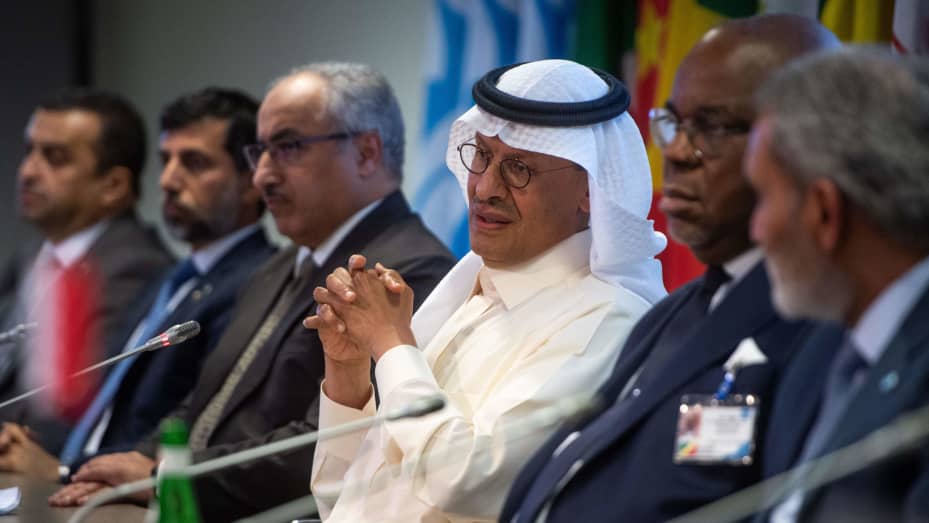
Ahead of a ban from the European Union on Russian crude, an influential alliance of oil producers decided to stay the course.
The existing policy of reducing oil production by 2 million barrels per day, or 2% of world demand, from November until the end of 2023 was decided upon by the members of the group of 23 oil- producing nations.
Ahead of a possible double blow to Russia's oil revenues, energy analysts had expected OPEC+ to consider fresh price-supportive production cuts.
The EU is about to ban all imports of Russian crude from Monday, while the U.S. and other members of the G-7 will impose a price cap on oil from Russia.
A price cap on Russian oil will cause more harm than good according to the Kremlin.
Ahead of potentially disruptive sanctions on Russian oil, as well as weaker crude demand in China and fears of a recession, the price of oil has fallen to less than $90 a barrel.
In October, Saudi Arabia and Russia agreed to reduce production from November. Despite calls from the U.S. for the group to pump more, it came.
This is a big story. Check back later for more.